A new study has found that while “broken heart syndrome” affects more women than men, men are significantly more likely to die from the condition, NBC News reports.
The research, published in the Journal of the American Heart Association, analyzed hospital data from nearly 200,000 adults in the United States between 2016 and 2020 and found that 11% of men with the condition died, compared to about 5% of women.
Broken heart syndrome, formally known as takotsubo cardiomyopathy, is a temporary heart condition typically brought on by intense physical or emotional stress — such as the loss of a loved one or a serious illness. The syndrome causes chest pain and shortness of breath and can resemble a heart attack, though it occurs without blocked arteries.
The condition is often associated with a surge of stress hormones that disrupt the heart’s normal function. Most people recover within days or weeks, but for a small group, complications can be severe or even fatal.
Although it is more commonly diagnosed in women, especially post-menopausal women, the study highlights that men who develop the syndrome are more likely to experience worse outcomes.
“It seems to be a consistent finding that men don’t get takotsubo syndrome as much, but when they do, they do worse,” said Dr. Harmony Reynolds of NYU Langone Health, who was not involved in the study.
Researchers believe the underlying causes of the syndrome may differ between men and women, contributing to the disparity in outcomes. According to cardiologists, men are more likely to experience the condition following physical stressors, such as surgery or stroke, while women often develop it after emotional events, like bereavement or job loss.
“The people with emotional stressors actually do quite well,” said Dr. Ilan Wittstein of Johns Hopkins Medicine.
He explained that men may only develop the syndrome under more severe circumstances, which could partly explain the higher fatality rate.
The study’s lead author, Dr. Mohammad Movahed of the University of Arizona’s Sarver Heart Center, also noted that men may have fewer social support systems, which can hinder recovery. Ongoing stress after the initial event may continue to affect heart function, he said.
Despite increased research into the syndrome, many questions remain about its root causes and risk factors. While stress is a known trigger, some patients develop the condition after relatively minor events, such as vomiting or mild physical exertion, suggesting a possible underlying biological susceptibility.
Some theories propose that hormones, such as estrogen, which help regulate blood flow in small heart vessels, may play a role. This could help explain why the condition is more common in post-menopausal women. However, experts caution that the hormonal link is not yet fully understood.
The study also highlights the challenges in treating and preventing broken heart syndrome. There is currently no standardized treatment proven to reduce complications or mortality. Medications such as beta blockers are sometimes prescribed, and stress management techniques — including therapy or meditation — may be recommended. Still, outcomes have remained largely unchanged over recent years.
Wittstein emphasized that diagnosing the condition can be difficult, as it mimics a heart attack. Patients experiencing chest pain or shortness of breath are urged to seek immediate medical attention, as proper testing in a hospital is required to distinguish takotsubo cardiomyopathy from other heart issues.
“You can’t tell the difference between this and traditional heart attacks until you get to the hospital and have a series of tests,” said Reynolds. “So it is not appropriate to stay home when you have chest pain.”
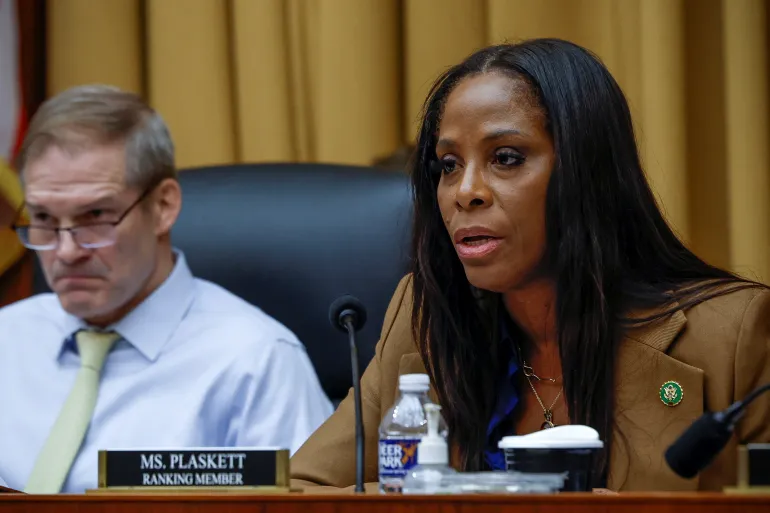
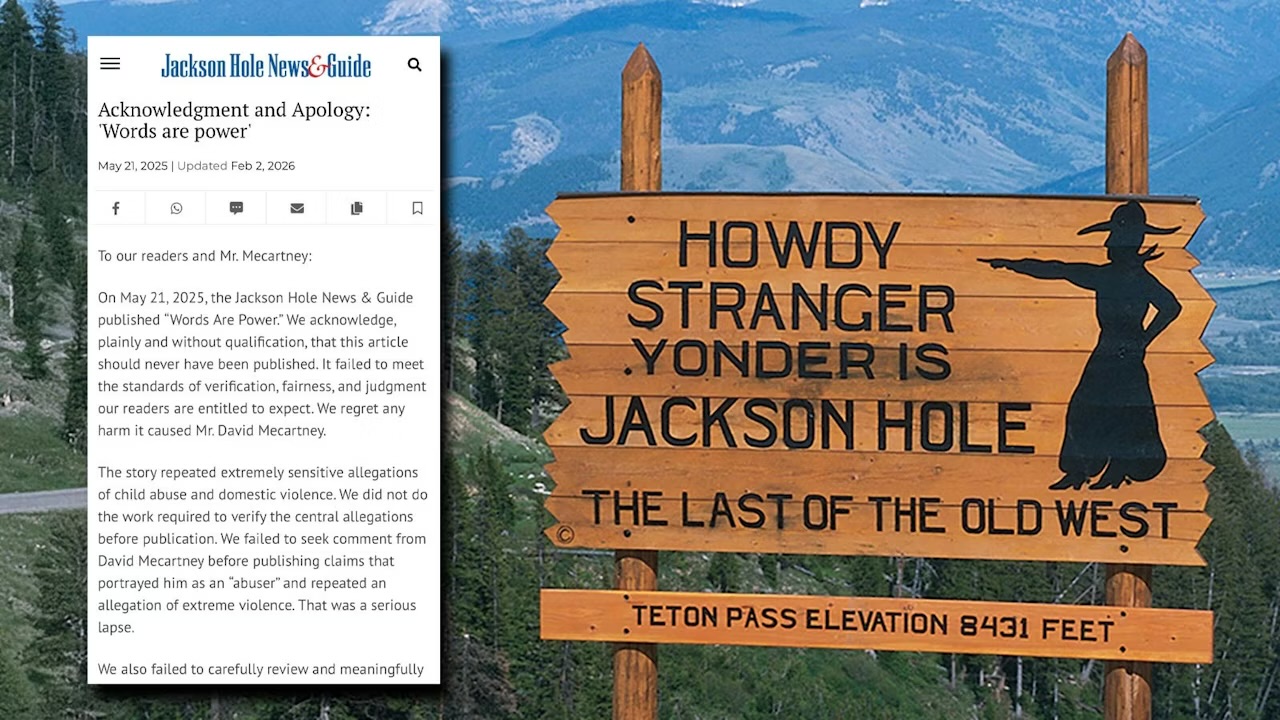
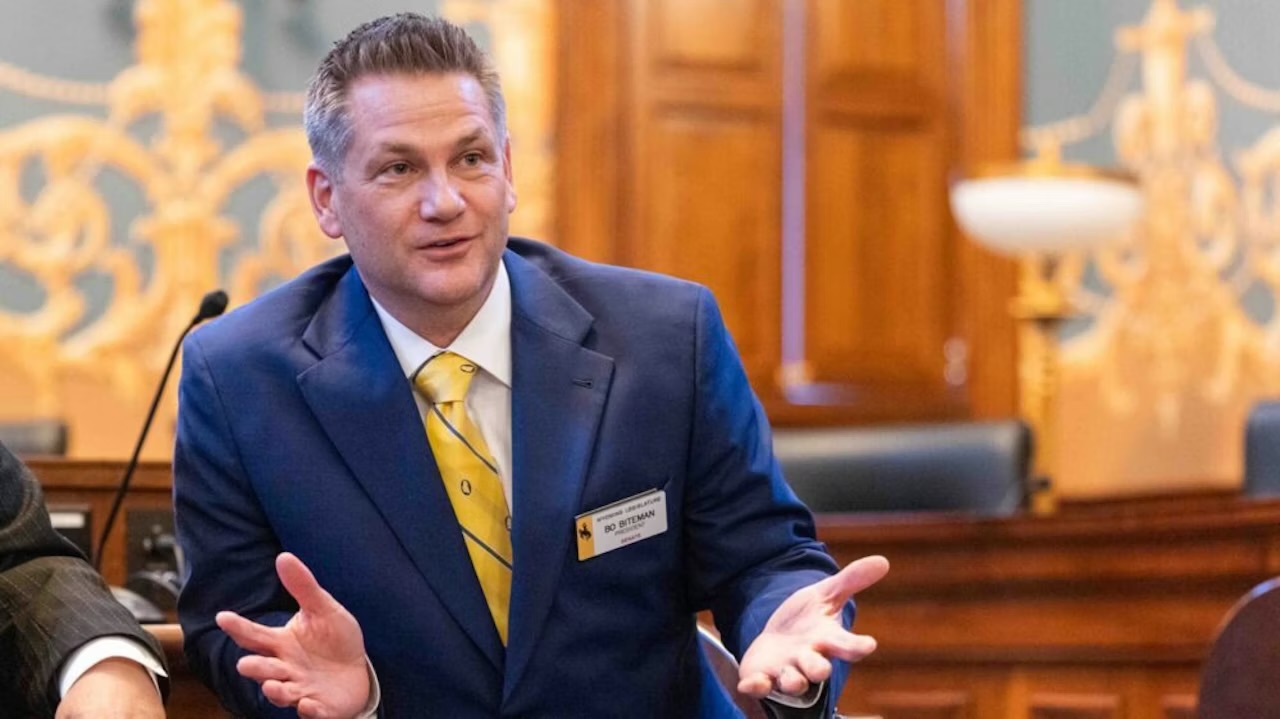
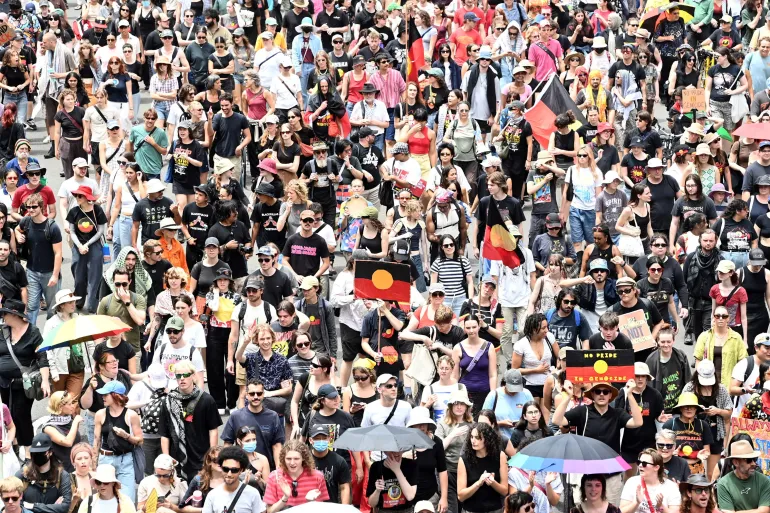
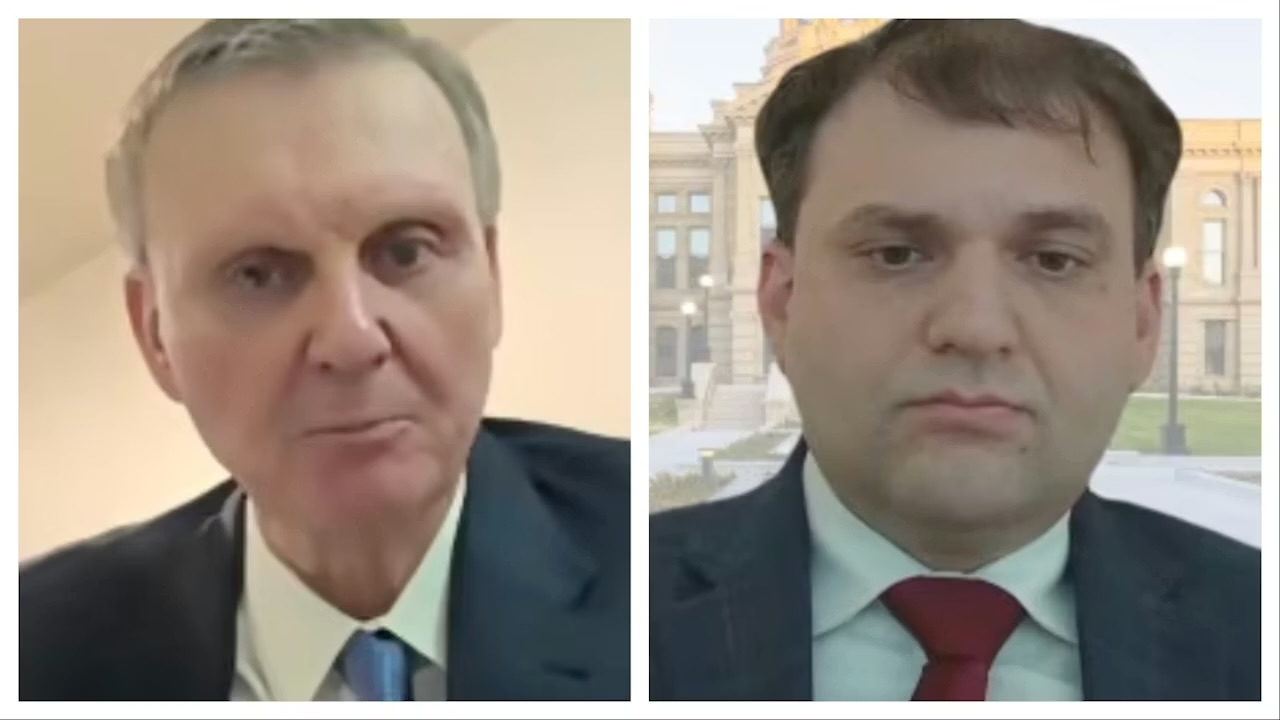
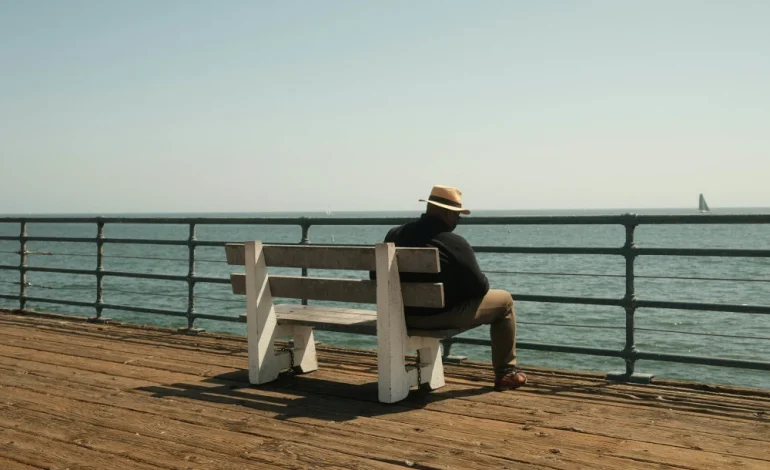




The latest news in your social feeds
Subscribe to our social media platforms to stay tuned